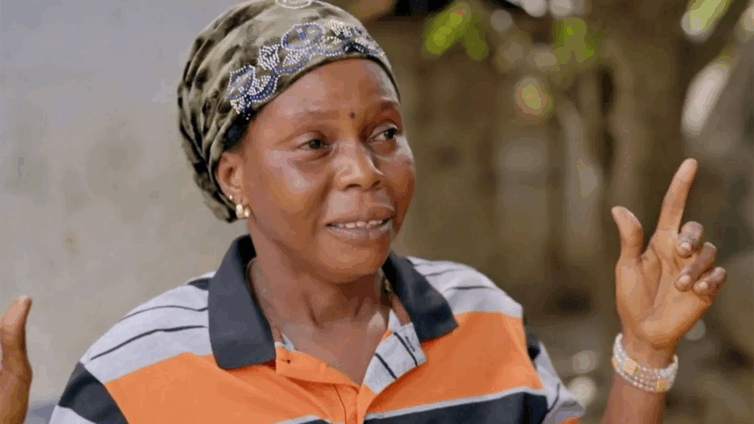Families across Sierra Leone continue to reel from brutal killings believed to be linked to black magic rituals, as a BBC Africa Eye investigation un
Families across Sierra Leone continue to reel from brutal killings believed to be linked to black magic rituals, as a BBC Africa Eye investigation uncovers disturbing evidence of an underground network dealing in human body parts.
Warning: Contains distressing details.
A mother’s grief, four years without justice
For Sallay Kalokoh, the pain is still raw. Her 11-year-old son, Papayo, vanished while selling fish at the market. Two weeks later, his mutilated body was found at the bottom of a well in Makeni—his eyes, organs, and one arm removed.
“Today I’m in pain. They killed my child and now there is just silence,” she told BBC Africa Eye. Despite clear signs of ritualistic mutilation, police never classified the murder as a ritual killing.
These cases, often linked to juju practices promising power and wealth, rarely lead to arrests. Sierra Leone, a nation of 8.9 million people, has only one pathologist—making it nearly impossible to gather evidence in suspected ritual murder cases. Deep-rooted beliefs in witchcraft also discourage some police officers from pursuing investigations.
Inside the world of the illicit juju trade
Determined to uncover the truth behind these killings, the BBC team located two men who claimed to operate within wider networks supplying human body parts. One journalist, posing as a politician seeking power, infiltrated their operations undercover.
In Kambia district near the Guinean border, the team met a masked juju practitioner who called himself Kanu. He bragged of connections with politicians across West Africa and displayed a skull he claimed belonged to a woman.
“This is where we hang human parts,” he said, pointing to a pit behind his shrine. “Even big chiefs come here. The price of a woman is 70 million leones.”
Fearing for public safety, the BBC cut contact and handed the evidence to police. It is unclear whether authorities pursued the case—multiple attempts to reach Kanu later failed.
Traditional healers defend their reputation
Sierra Leone has around 45,000 traditional healers compared to roughly 1,000 doctors, according to the World Health Organization. Many citizens rely on these healers for physical and mental health care.
But the president of the Council of Traditional Healers, Sheku Tarawallie, says fake herbalists and “diabolic” juju men are tarnishing their image.
“We are healers, not killers,” he said. “One rotten fish can destroy the whole batch.”
Tarawallie is working with the government to establish a regulated traditional medicine clinic.
Another alleged body-parts supplier exposed
The second suspected dealer, who called himself Idara, was found in Waterloo, a crime-prone suburb of Freetown. He boasted of having 250 herbalists under him and said he could provide any body part on request.
“There are no human parts we don’t work with,” he claimed.
On a return visit, he played a voice message from an accomplice preparing to abduct a victim.
When Idara later told the undercover journalist that his team had identified someone for capture, police were alerted. Commissioner Ibrahim Sama organized a raid—insisting on the presence of Tarawallie, as many officers feared confronting a suspected sorcerer.
Idara was caught hiding in a ceiling with a knife. Police also found human bones, hair, and soil believed to be taken from graveyards. He and two others were charged under anti-witchcraft laws and granted bail while investigations continue.
High-profile ritual murder cases still stalled
Even prominent cases often go nowhere. In 2023, a university lecturer’s body was found buried in a herbalist’s shrine in Waterloo. Though referred for trial, sources say the case has stalled and suspects are out on bail.
A personal tragedy adds to the investigation
While the BBC investigation was ongoing, the journalist’s cousin, 28-year-old Fatmata Conteh, was found murdered in Makeni. A mother of two, she had been dumped by the roadside; several of her front teeth were missing, fueling fears of ritual motives.
Her family paid for the body to be transported to Freetown for an autopsy—because authorities could not. The post-mortem was inconclusive. No arrests have been made.
“She never harmed anyone. She was peaceful and hardworking,” a mourner said at her funeral.
Growing fear, little accountability
For Papayo’s mother and many others, the lack of answers deepens their suffering. Ritual killings continue to loom over communities, yet with scarce forensic capacity, inadequate investigations, and widespread belief in witchcraft, most cases remain unsolved.
The silence, they say, is as frightening as the crimes themselves.
